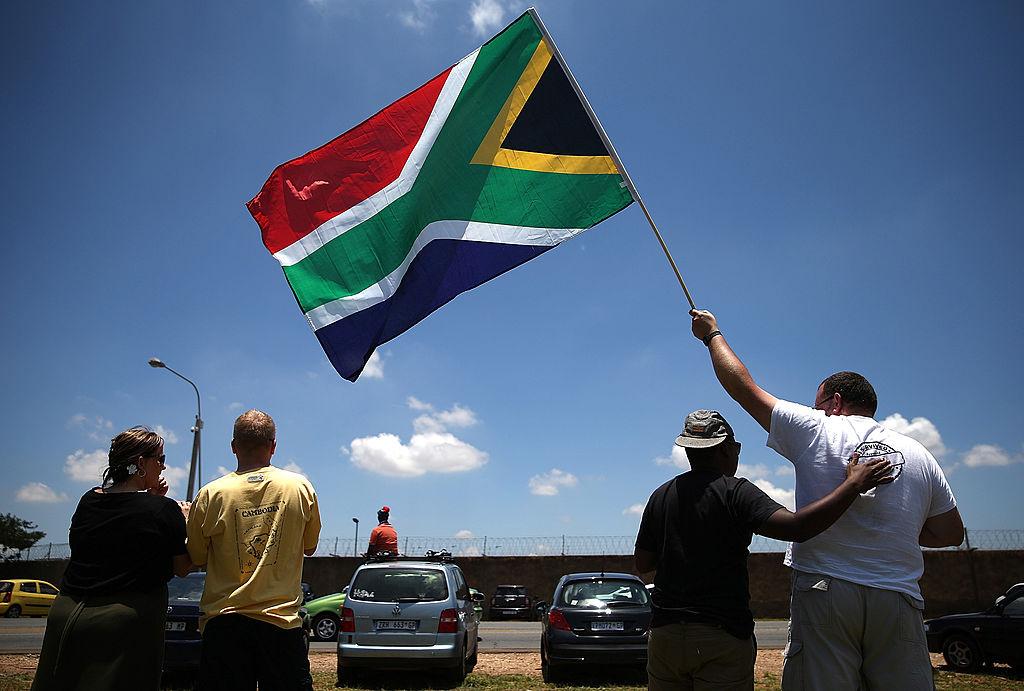Commentary
Municipal and local government elections across the “Rainbow nation” will be running soon, on November 1, and they will serve as a litmus test for the four main political parties on how they may perform at the next national election.

Municipal and local government elections across the “Rainbow nation” will be running soon, on November 1, and they will serve as a litmus test for the four main political parties on how they may perform at the next national election.